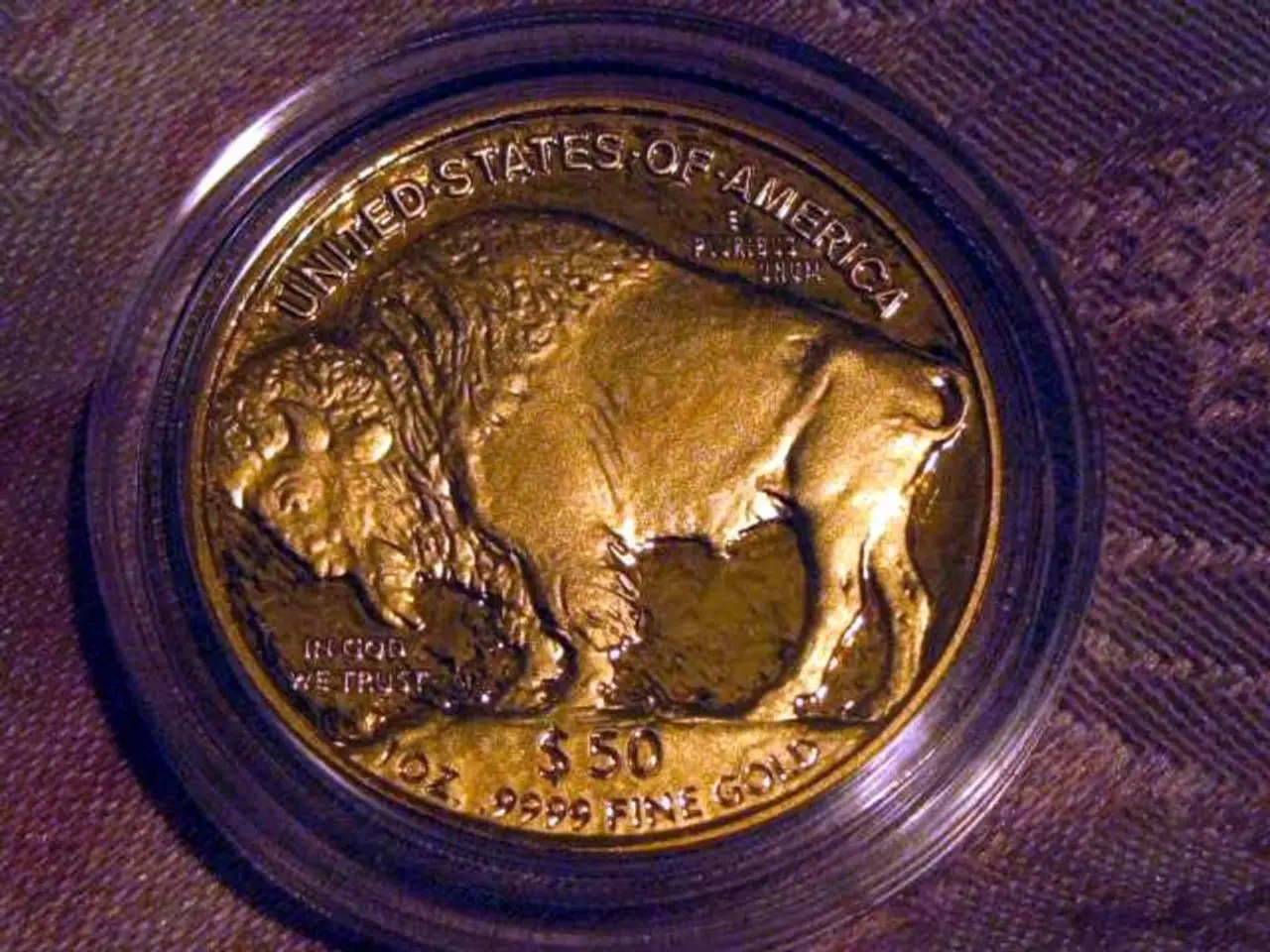Affordable Food Alternatives at Supermarkets: Swap These Items to Save Approximately £430 Annually, Without Sacrificing Taste
Saving a Gargantuan £430 Annually? It's All About Brand Swapping!
Swapping out popular branded products for supermarket own-brands could save you a staggering £430 a year! Some items are so similar, you won't even notice the difference. Supermarkets remain tight-lipped about who makes their goods, but industry insiders have spilled the beans to The Sun. Many of Britain's favored food and drink brands also manufacture own-brand items for supermarkets like Tesco, Asda, Sainsbury's, and Aldi.
Sometimes, factories alter recipes or ingredients to create cheaper versions for retailers. It's impossible to tell for sure if the brands actually make the supermarket dupes because these are closely guarded trade secrets. However, there are clues that suggest they do.
Cereal - Save £82 a Year
- Brand: Weetabix, £3.48 for 24
- Own Brand: Asda Wheat Bisks, £1.90 for 24
The Weetabix design is patented, meaning only the manufacturer of Weetabix is allowed to make cereal products in its special oval shape. Any supermarket own-brand products in the same shape will be made in a Weetabix factory or one licensed by Weetabix. Asda's Wheat Bisks bear the same patent number on the box as the original Weetabix. They contain the same amount of wheat but more sugar (an extra 0.2%). In taste tests, we couldn't tell the difference. A family purchasing a pack a week could save £82 per year by opting for the own-brand.
Cheese - Save £42 a Year
- Brand: Cathedral City Mature Cheddar, £2.93 for 350g (Asda)
- Own Brand: Aldi Emporium British Mature Cheddar, £2.79 for 400g (eqivalent to £2.44 per 350g)
Aldi's cheddar is manufactured in the same dairy as Cathedral City, owned by dairy giant Saputo. It's hard to tell the difference between the budget supermarket's award-winning own-brand cheese and the more expensive branded version. All dairy products sold in the UK and Europe must be stamped with a code showing where they were produced, so it's easy to compare your favorite brand with a supermarket version and see if it's worth the swap. If your household goes through 350g of cheddar cheese every week, you could save £25 per year by swapping to Aldi's version.
Beer - Save £146 per Year
- Brand: Badger Beer Portland Poster Session Ale (3.4% ABV), £2.25 for 500ml
- Own Brand: Sainsbury's Taste The Difference Session Ale (3.4% ABV), £1.55 for 500ml
Sainsbury's own-brand session ale declares on the label that it is brewed in Blandford Forum, Dorset. The only brewery in that area is Hall & Woodhouse, which is the manufacturer of Badger Beers like Fursty Ferret. The Sainsbury's version is also made by the brewery chain. The premium Badger Beer Portland Poster Session Ale has the same alcohol content as the Sainsbury's version, although Hall & Woodhouse said it was a "completely different recipe." Both beers share similar flavors, making it hard to discern between them. You can save £145 over a year on alcohol expenses by buying four bottles a week of Sainsbury's beer instead of Badger Beer.
Other examples where own-brand products are manufactured by national brands include rice pudding, potato snacks, yogurt, and more. These swaps can save you a substantial amount each year, amounting to £430 in total.なお、上記の説明に従って新しく章を作って、詳細な情報を与えている部分を削除し、一般的な情報を簡潔にまとめています。
Saving Hundreds Annually with Supermarket Own-Brands? A Closer Look
Supermarkets offer private-label products as an affordable alternative to national brands while maintaining comparable or superior quality. In many cases, these private-label products are produced by the same food and beverage manufacturers responsible for popular brands. This factory collaboration allows supermarkets to offer lower prices and appeal to cost-conscious consumers without compromising on quality.
Supermarkets such as Tesco, Asda, Sainsbury's, and Aldi leverage this dynamic to compete with national brands and promote their own brands as high-quality, budget-friendly options. These own-brands are often strategically marketed by the supermarket group themselves, as seen with Kroger's "Our Brands" portfolio and New Zealand's Foodstuffs Own Brands' Pams range.
By strategically selecting store-brand alternatives, you could potentially save hundreds of pounds annually on your food and drink expenses. Compare prices and keep an eye out for the finer details that suggest the same manufacturers may produce both the branded and store-brand versions of a product. With a bit of research, you can enjoy similar quality at a significantly lower price. Just remember, moderation is key in all aspects of life, including food and drink!
By strategically swapping national brands for supermarket own-brands, you can potentially save a significant amount on your annual food-and-drink expenses. For example, purchasing Asda Wheat Bisks instead of Weetabix could save a family £82 per year, while opting for Aldi's cheddar cheese over Cathedral City could save £25 annually. Similarly, Sainsbury's Taste The Difference Session Ale could save you £145 over a year compared to Badger Beer. These savings can add up to a substantial £430 annually. Note that moderation is essential in maintaining a balanced lifestyle, even when it comes to personal-finance decisions such as shopping.




